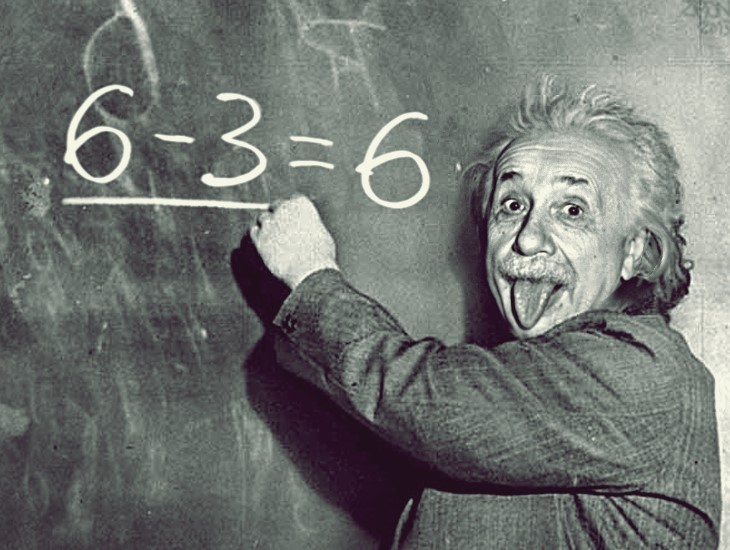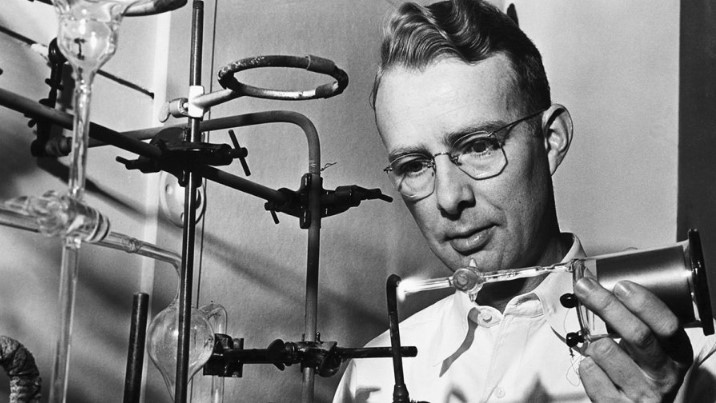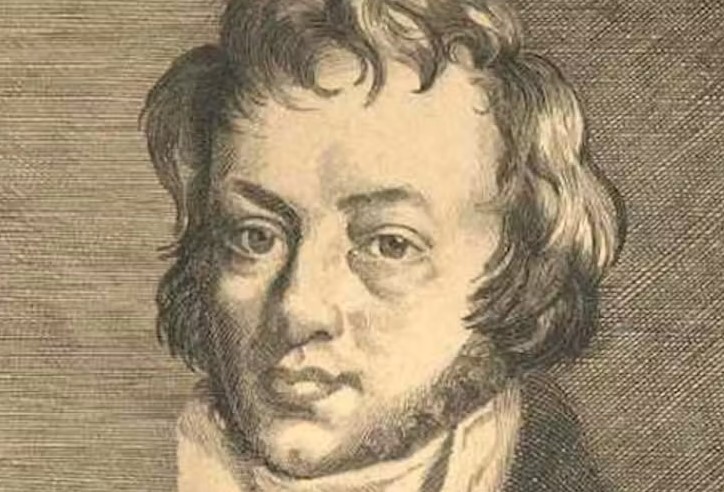
History of Albert Einstein: Unraveling the Genius

Introduction
Albert Einstein, a name synonymous with genius, is undoubtedly one of the most influential scientists in history. Born on March 14, 1879, in the city of Ulm, Germany, his intellectual brilliance and groundbreaking discoveries have left an indelible mark on the world. From his theory of relativity to his equation E=mc², Einstein’s work revolutionized modern physics and paved the way for advancements in science and technology. In this article, we embark on a journey to explore the remarkable history of Albert Einstein, unveiling the man behind the genius and his significant contributions to humanity.
A Humble Beginning
In this section, we delve into the early life and background of Albert Einstein. His childhood, family, and formative years that shaped the brilliant mind he would later become known for.
Curiosity Sparks: Einstein’s Educational Journey
Under this heading, we discuss Einstein’s educational journey from his time at the Swiss Federal Polytechnic in Zurich to his quest for knowledge that led to his groundbreaking theories.
The Miracle Year: 1905
Explore the pivotal year of 1905, which Einstein later referred to as his “annus mirabilis” or miracle year. Unravel the four groundbreaking scientific papers he published during this period that changed the course of physics forever.
The Theory of Relativity: E=mc²
Here, we explore Einstein’s theory of relativity, including the famous equation E=mc², which became synonymous with his name and reshaped our understanding of the fundamental nature of the universe.
Einstein’s Nobel Prize
Under this heading, we discuss the recognition Einstein received for his work, particularly the Nobel Prize in Physics awarded in 1921 for his explanation of the photoelectric effect.
Einstein’s Advocacy for Civil Rights
Learn about Einstein’s role as an advocate for civil rights and social justice, delving into his views on racism and his efforts to combat injustice.
The Theory of General Relativity
This section discusses Einstein’s theory of general relativity, which expanded upon his theory of special relativity and introduced the concept of gravity as the curvature of spacetime.
Einstein’s Legacy in Quantum Mechanics
Explore Einstein’s contribution to quantum mechanics, his debates with Niels Bohr, and his famous quote, “God does not play dice with the universe.”
Einstein and the Atomic Bomb
Here, we discuss Einstein’s involvement in the Manhattan Project and his concerns about the use of nuclear energy for destructive purposes.
Personal Life and Family
Delve into Einstein’s personal life, including his marriages, relationships, and the challenges he faced outside the realm of science.
Einstein’s Famous Thought Experiments
Explore some of Einstein’s famous thought experiments, such as the Twin Paradox and the Elevator Thought Experiment, which helped him formulate his revolutionary theories.
The Unified Field Theory
Under this heading, we delve into Einstein’s quest for a unified field theory, his pursuit of a single theory to explain all physical forces.
Einstein’s Contributions to Cosmology
Explore Einstein’s influence on cosmology, including his impact on the study of the expanding universe and the concept of the cosmological constant.
Einstein’s Escape from Nazi Germany
Learn about Einstein’s escape from Nazi Germany and his subsequent emigration to the United States, where he continued his scientific work.
Einstein’s “God Letter”
Discuss the famous “God Letter,” in which Einstein expressed his views on religion, the existence of God, and his perception of the divine.
Einstein’s Later Years and Death
Explore the later years of Einstein’s life, his retirement, and his passing on April 18, 1955, leaving behind an unparalleled legacy.
Einstein’s Influence on Modern Science
Under this heading, we discuss Einstein’s lasting influence on modern science, from his theories to the advancements they have inspired.
Einstein’s Genius in Popular Culture
Explore how Albert Einstein’s image and ideas have permeated popular culture, from movies and TV shows to merchandise and iconic photographs.
FAQs About the History of Albert Einstein
- Who Was Albert Einstein? Albert Einstein was a German-born physicist who revolutionized modern physics with his groundbreaking theories, including the theory of relativity.
- What Is Einstein’s Theory of Relativity? Einstein’s theory of relativity describes the relationship between space, time, and gravity, with the famous equation E=mc² at its core.
- What Were Einstein’s Major Contributions to Science? Einstein’s major contributions include the theory of relativity, the photoelectric effect explanation, and his advocacy for civil rights and social justice.
- Did Einstein Win the Nobel Prize? Yes, Albert Einstein was awarded the Nobel Prize in Physics in 1921 for his work on the photoelectric effect.
- Did Einstein Contribute to the Development of the Atomic Bomb? Although Einstein’s theories contributed to the understanding of nuclear energy, he was not directly involved in the development of the atomic bomb.
- What Was Einstein’s View on Religion? Einstein had complex views on religion, often expressing a sense of wonder about the universe but distancing himself from organized religion.
Conclusion
Albert Einstein’s life and work have left an indelible mark on the world of science and beyond. His intellectual curiosity, revolutionary theories, and advocacy for social justice continue to inspire generations. As we reflect on the history of Albert Einstein, we celebrate the genius who reshaped our understanding of the universe and left a profound legacy that will endure for centuries to come.
Partner Site : Business Tips , Health News, Future Technology, Home Decorating, Travel Tips, Classic Car, Online Education, Business Law, Women Fashion, Beauty Salon


